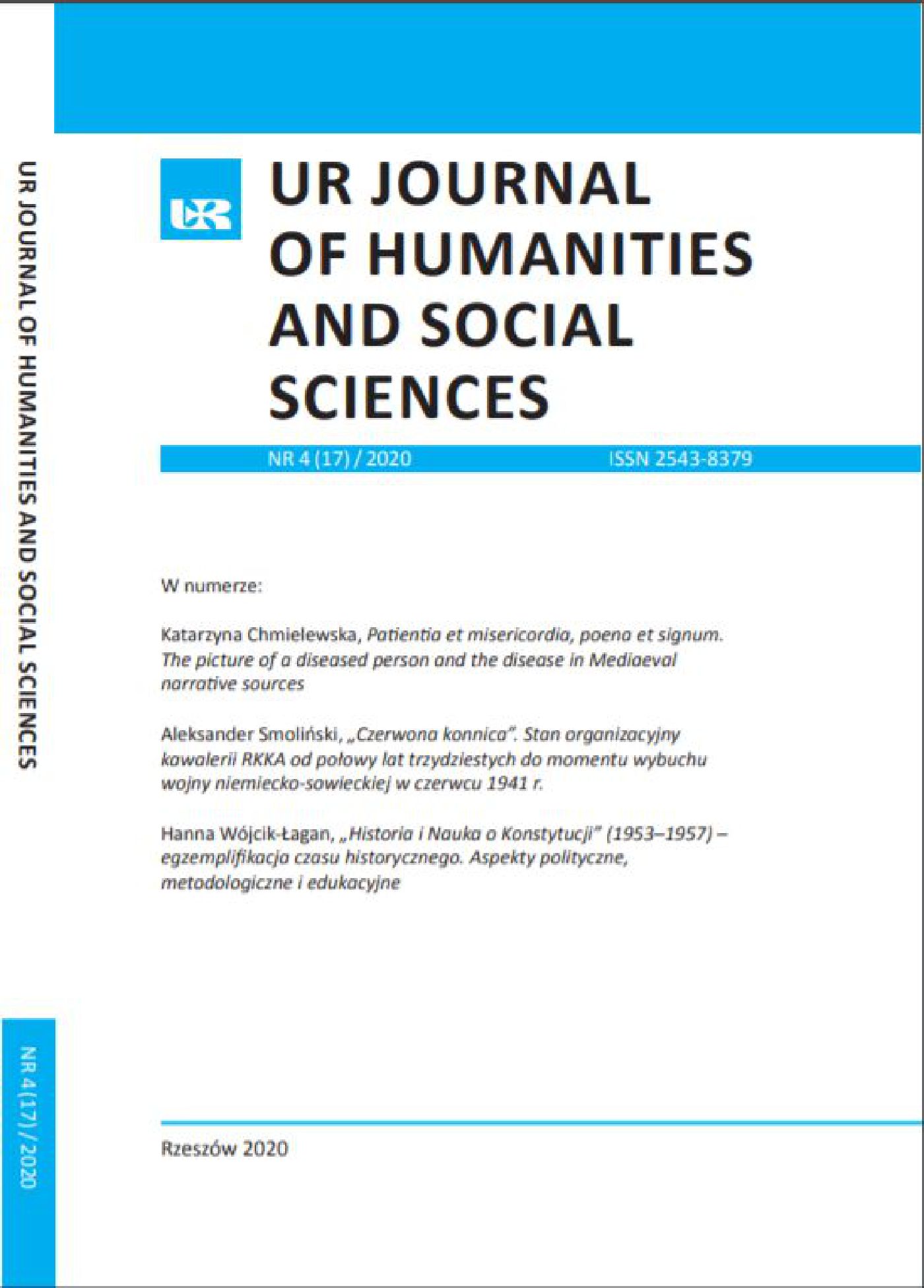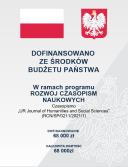Management and communication practices in Singapore: lessons from a model economy
DOI:
https://doi.org/10.15584/johass.2020.4.10Keywords:
Organizational communication organizational management communication, in the workplace, flow of communication communication and democracyAbstract
With its 5.8 million inhabitants, retaining its unique version of democracy, and remaining a traditional yet progressive city, Singapore stands as a model economy for other Asian and middle eastern economies. From 1819 to 1963, Malaysia and Singapore – as one country – were a British colony. In 1963, when British rule ended and Malaysia gained her independence, Singapore remained a part of Malaysia. However, the racial tension between Malay, the ethnic Chinese, and other non-Malay groups escalated and turned violent. In 1965, Singapore cut her ties with Malaysia and became a sovereign, independent state. While retaining its collectivistic culture, Singapore has gained a competitive edge as a high-end shopping centre in the region. During the past 60 years, the Singaporean economy and businesses have shifted their focus from the manufacturing of electronic components, computer hard drives, small appliances, and garments to financial services, banking, insurance services, and asset management. Relying on data collected through interviews, observations, and a brief questionnaire, this case study of Singaporean businesses presents a description of the management styles and communication strategies of 78 business managers in Singapore, representing the service, retail, and manufacturing sectors. The data reveal that Human Resources Approach to management is the most common style of management. Analysis of communication content, style, and flow demonstrates that cultural customs such as respect for the elderly, caring for and mentoring the younger generation, loyalty to one’s family, and conformity to family traditions are the driving forces of the businesses in Singapore. The analysis suggests that it is the dominant culture of a society that shapes the business practices and business values in any given society.Downloads
Download data is not yet available.
Downloads
Published
2020-12-30
How to Cite
Rehman, S. (2020). Management and communication practices
in Singapore: lessons from a model economy. Journal of Humanities and Social Sciences, 17(4), 165–183. https://doi.org/10.15584/johass.2020.4.10
Issue
Section
Articles
License
Copyright (c) 2020 Wydawnictwo Uniwersytetu Rzeszowskiego

This work is licensed under a Creative Commons Attribution-NonCommercial 4.0 International License.



